What is Hospital Management system?

What is Hospital Management system?
Understanding Hospital Management Systems: Revolutionizing Healthcare Operations
In today's fast-paced healthcare industry, the effective management of hospitals and healthcare facilities is crucial for providing quality patient care. Hospital management systems (HMS) have emerged as indispensable tools in streamlining administrative and clinical operations, enhancing efficiency, and improving overall patient outcomes.
Key Features of Hospital Management Systems
Appointment Scheduling
Hospital management systems offer comprehensive appointment scheduling functionalities, allowing staff to efficiently manage patient appointments, allocate resources, and reduce waiting times.
Patient Registration
Efficient patient registration modules enable quick and accurate capture of patient demographics, medical history, and insurance information, streamlining the admission process.
Billing and Invoicing
Integrated billing and invoicing modules automate the billing process, ensuring accurate invoicing, claims submission, and reimbursement, thereby reducing revenue leakage and improving financial management.
Electronic Medical Records (EMR)
Hospital management systems digitize patient medical records, enabling healthcare providers to access real-time patient data, track treatment progress, and make informed clinical decisions.
Inventory Management
Advanced inventory management features help hospitals optimize inventory levels, track medical supplies, and prevent stockouts or overstocking, thereby reducing wastage and lowering costs.
Benefits of Hospital Management Systems
Hospital management systems offer a plethora of benefits, including enhanced efficiency, improved patient care, and cost-effectiveness. By automating routine tasks, minimizing paperwork, and streamlining workflows, HMSs empower healthcare providers to focus more on delivering quality care to patients.
Types of Hospital Management Systems
Hospital management systems come in various forms, including on-premise and cloud-based solutions, as well as integrated suites and standalone applications. The choice between these options depends on factors such as budget, scalability, and specific organizational requirements.
Implementation Process
The successful implementation of a hospital management system involves several stages, including meticulous planning, software selection, installation, configuration, and comprehensive training and support for staff members.
Challenges in Hospital Management System Adoption
Despite their numerous benefits, the adoption of hospital management systems can pose challenges such as resistance to change, concerns regarding data security and privacy, and integration issues with existing IT infrastructure.
Future Trends in Hospital Management Systems
Looking ahead, the future of hospital management systems is marked by innovative technologies such as artificial intelligence, machine learning, and blockchain. These advancements promise to further revolutionize healthcare operations, improve patient outcomes, and enhance data security.
Conclusion
Hospital management systems play a pivotal role in modern healthcare organizations by streamlining administrative and clinical processes, improving efficiency, and ultimately, enhancing patient care. As technology continues to evolve, the adoption of advanced HMS solutions will become increasingly vital for staying competitive and delivering high-quality healthcare services.
FAQs
-
What is a hospital management system?
- A hospital management system is a software solution designed to automate and streamline administrative and clinical operations within healthcare organizations, including appointment scheduling, patient registration, billing, and electronic medical records management.
-
What are the key features of hospital management systems?
- Key features of hospital management systems include appointment scheduling, patient registration, billing and invoicing, electronic medical records management, and inventory management.
-
How does a hospital management system benefit healthcare organizations?
- Hospital management systems enhance efficiency, improve patient care, and reduce costs by automating routine tasks, minimizing paperwork, and streamlining workflows.
-
What are the different types of hospital management systems?
- Hospital management systems come in various forms, including on-premise and cloud-based solutions, as well as integrated suites and standalone applications.
-
What are the challenges in adopting hospital management systems?
- Challenges in adopting hospital management systems include resistance to change, data security concerns, and integration issues with existing IT infrastructure.








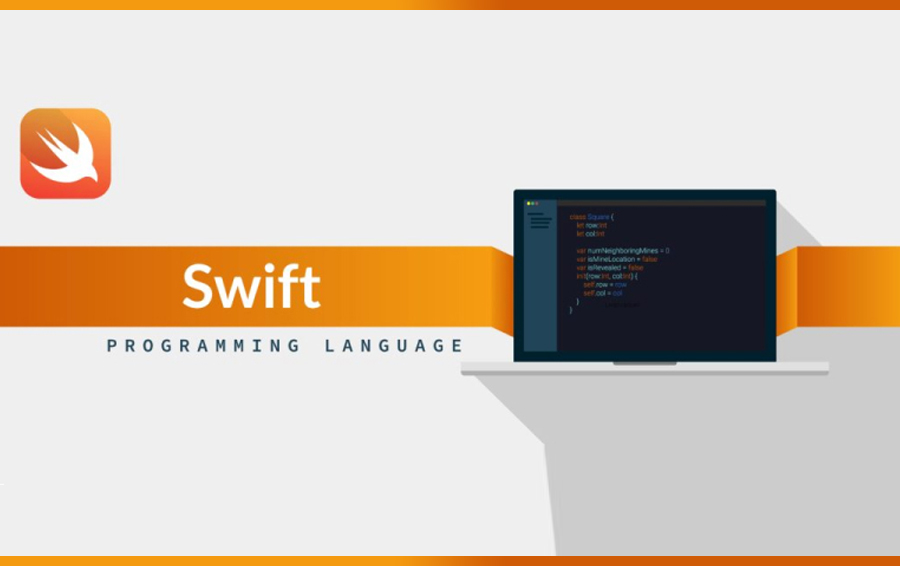


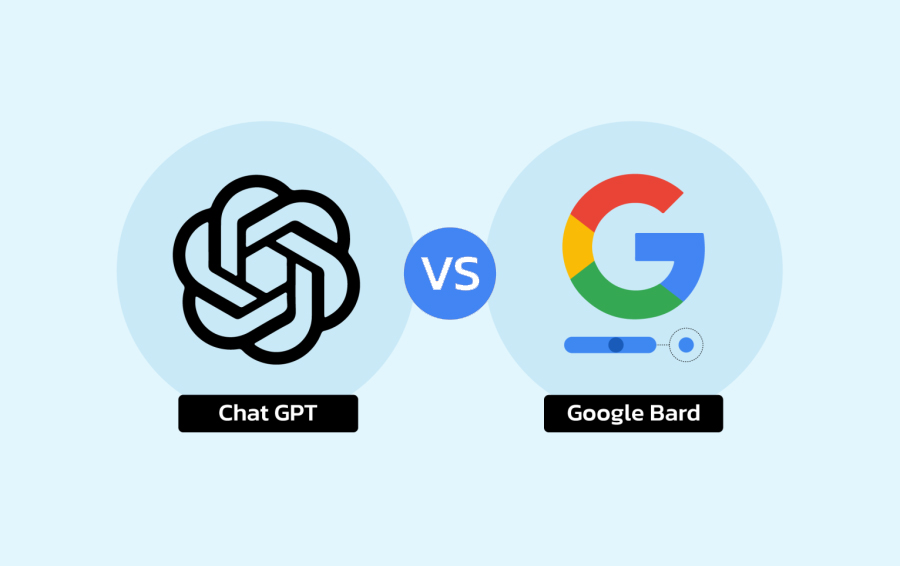


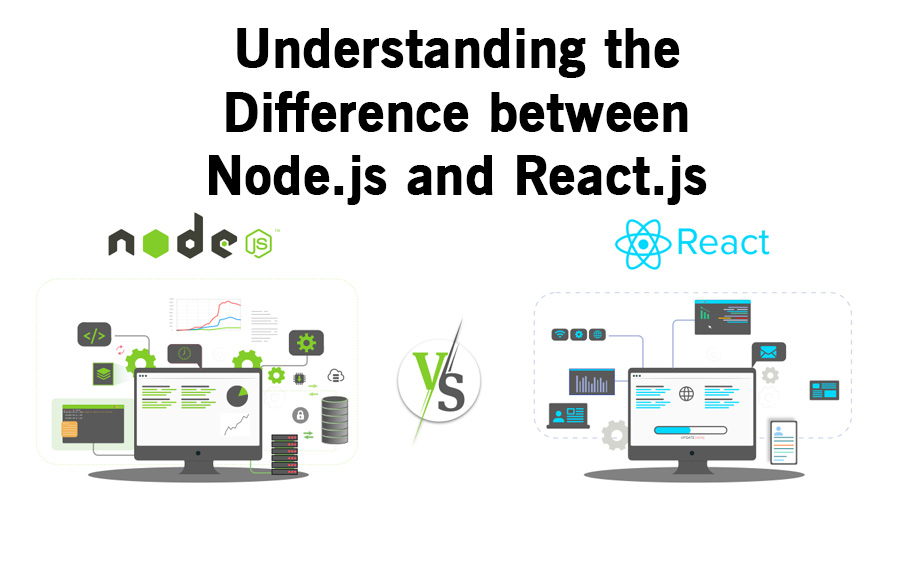





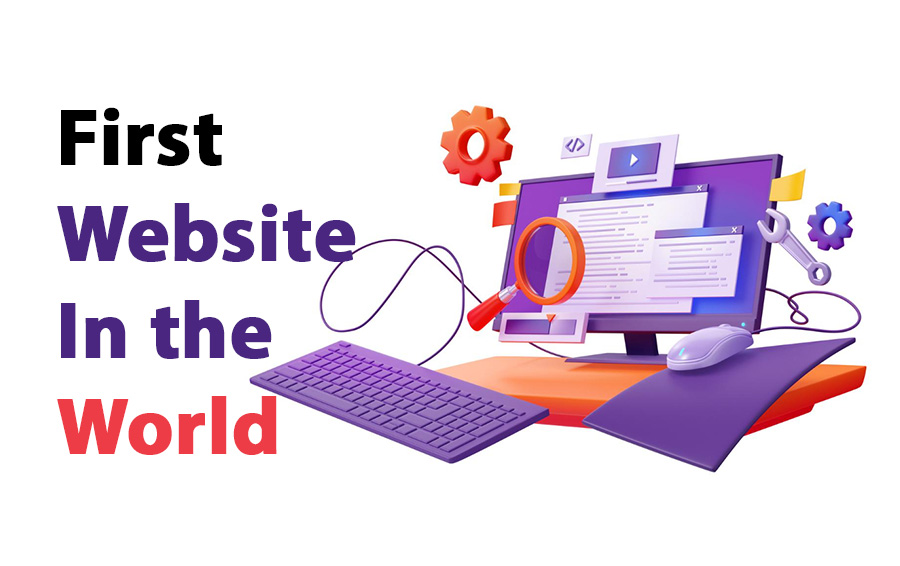




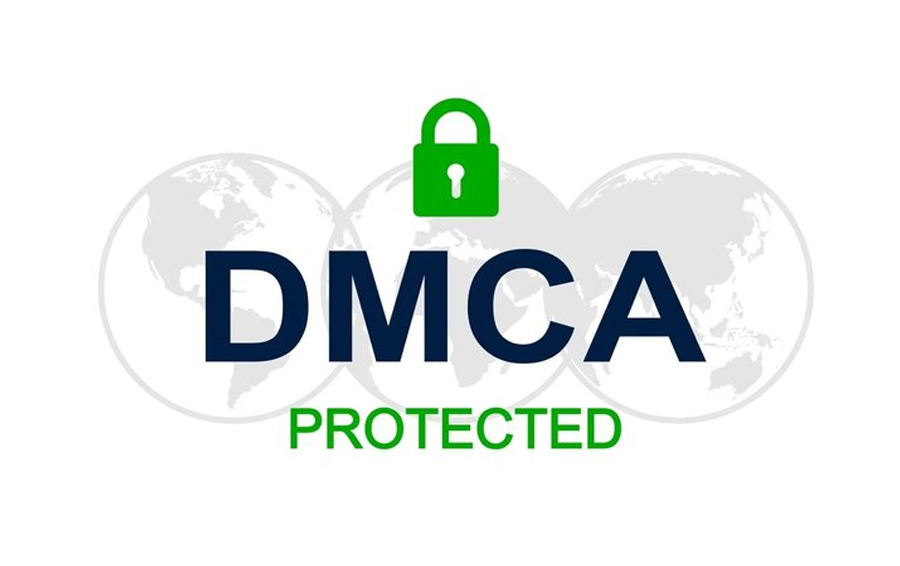











Comments
No Comments To Display
Leave a Comment